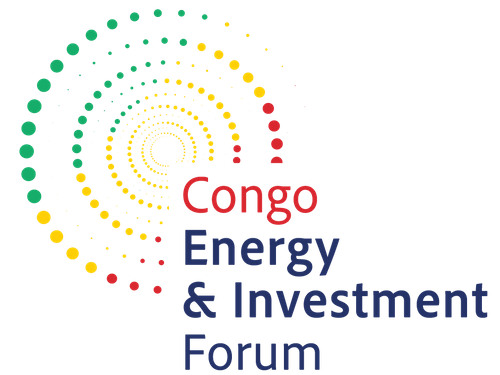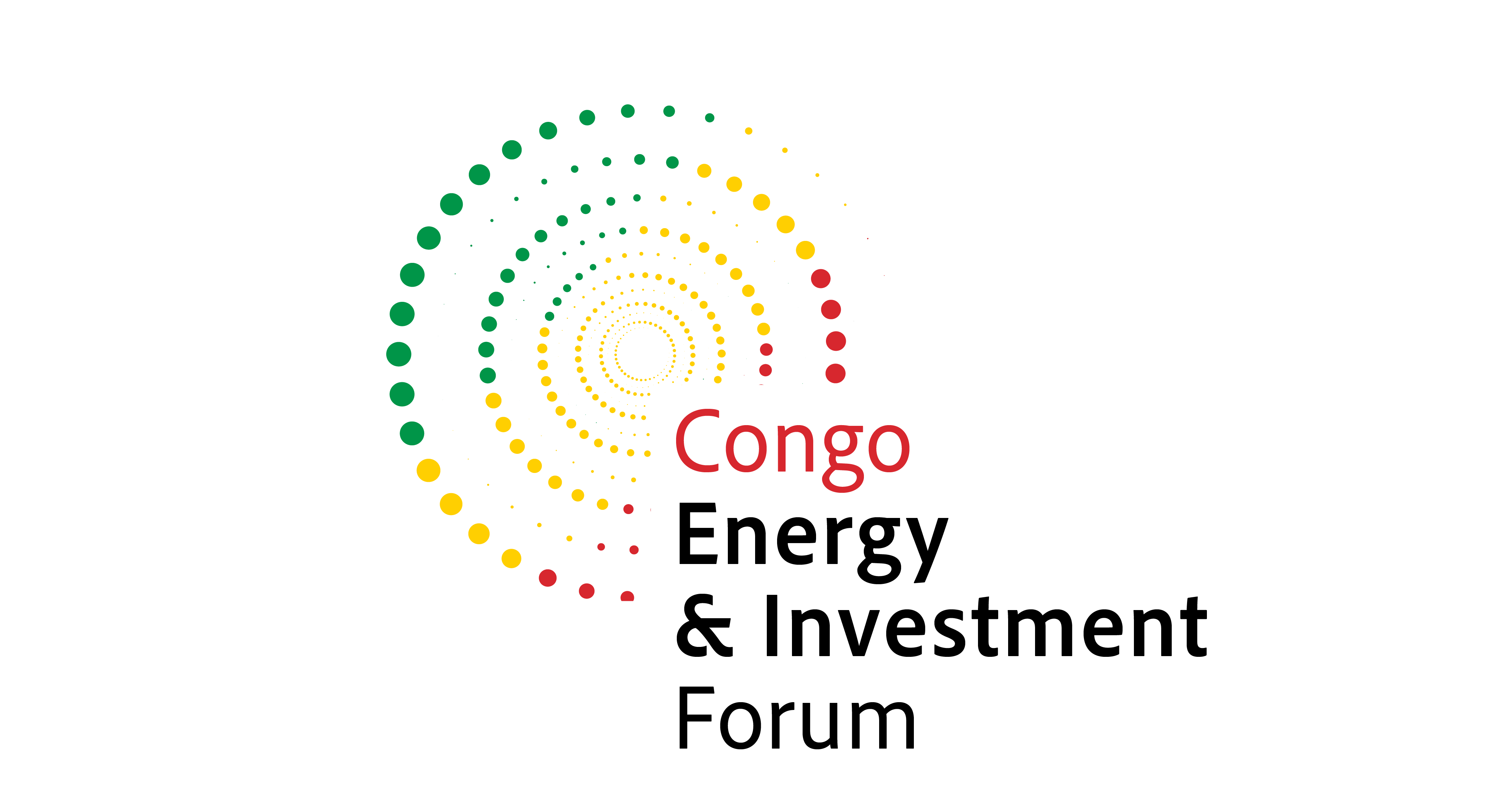Advancing Rural Electrification in the Republic of Congo through Solar Energy, Hydropower
)
Last month, the Republic of Congo launched studies for micro-hydropower plants aimed at enhancing rural electrification and reducing reliance on diesel generators. This initiative highlights a government-led commitment to bridging the energy access gap between urban areas, with an electrification rate of 49%, and rural regions, which lag behind at about 12%. Rural electrification is a critical priority for economic growth and improved living standards across the country.
Harnessing Hydropower Potential
With 70% of the country's energy derived from natural gas and rural communities relying heavily on diesel generators, hydropower offers a sustainable alternative. The Republic of Congo boasts a technically feasible hydropower capacity of 3,942 MW, of which only 4% has been utilized. A flagship project is the $9.4 billion Sounda hydroelectric dam, financed by China Overseas, set to begin construction in January 2025. Expected to generate 600-800 MW by 2030, the dam will significantly increase national electricity capacity, with a focus on extending distribution to underserved rural areas.
In addition to large-scale infrastructure, the Congolese government, in partnership with the United Nations Development Program, is advancing the Rural Electrification Project. This initiative focuses on micro-hydropower plants, offering clean, reliable and cost-effective energy tailored to rural needs, fostering improved living conditions and economic opportunities.
Exploring Solar Energy Opportunities
With an average daily solar irradiance of 4.5 kWh per m², Congo holds substantial potential for solar energy development. However, this resource remains underutilized. Africa Solaire, a local company, has pioneered solar and hybrid energy systems in rural areas, including a 20-kW mini solar power plant in Odzala Kokua National Park.
The country is also capturing the interest of foreign investors. Companies like Nigeria's Sosai Renewable Energies are actively exploring opportunities in the Congolese market to deploy solar home systems and mesh grids. Speaking to Energy Capital & Power in December 2024, Habiba Ali, CEO of Sosai Renewable Energies, explained, “These technologies can power essential household appliances and enable energy sharing among dispersed communities, offering a cost-effective alternative to traditional grid expansion, which is often impractical in remote areas.” Discussing the adaptability of these systems for Congo, Ali explained that Sosai’s approach begins with baseline research and feasibility studies to evaluate community needs, energy patterns and suitable solutions, ensuring the projects are both impactful and sustainable.
Leveraging her extensive expertise in renewable energy solutions across Africa, Ali will provide valuable insights into deploying innovative solar technologies and sustainable electrification strategies for rural African communities at the upcoming Congo Energy & Investment Forum (CEIF). Set to take place in Brazzaville on March 25-26, CEIF 2025 serves as a vital platform for shaping the Republic of Congo's energy future. The event will convene policymakers, investors and industry leaders to explore transformative projects and forge strategic partnerships that will drive the country’s energy transition and economic growth.
For more information about the Congo Energy & Investment Forum and to secure your participation, visit https://congoenergyinvestment.com/.


